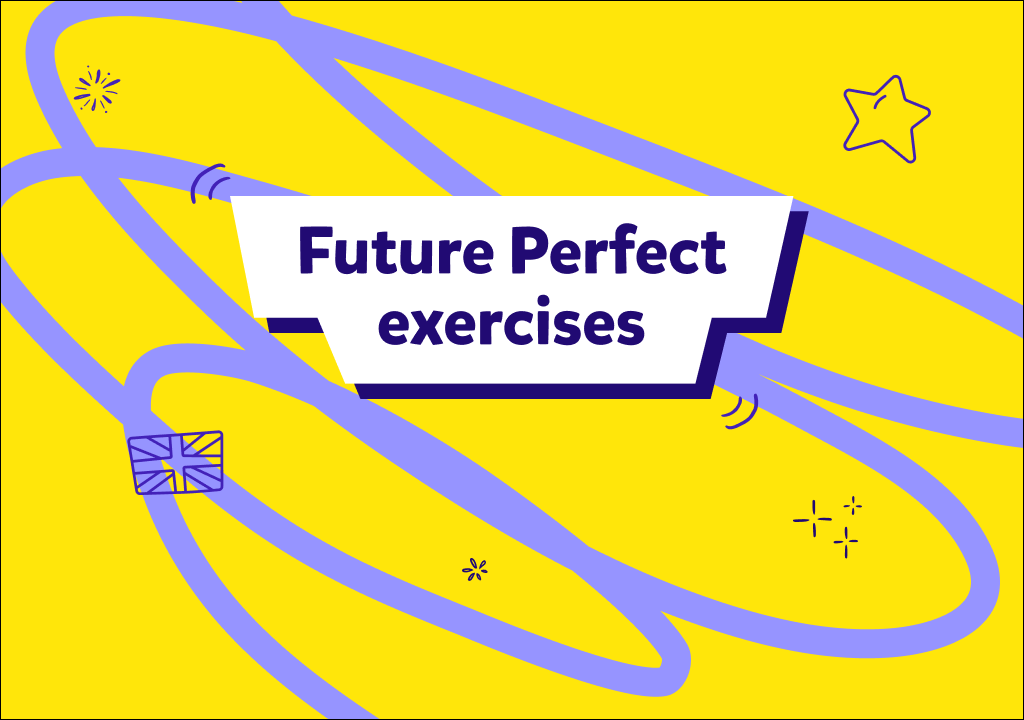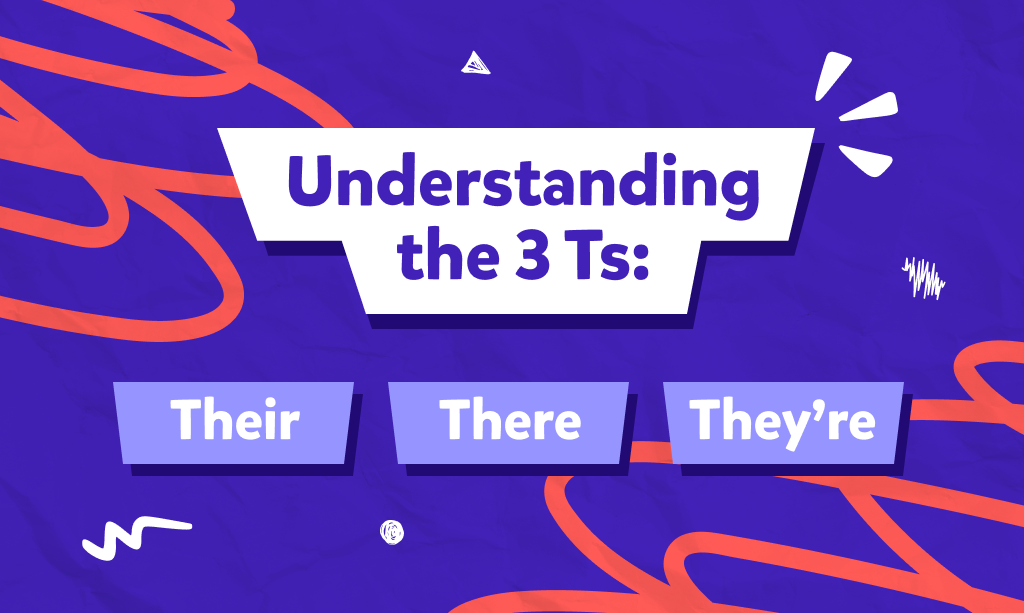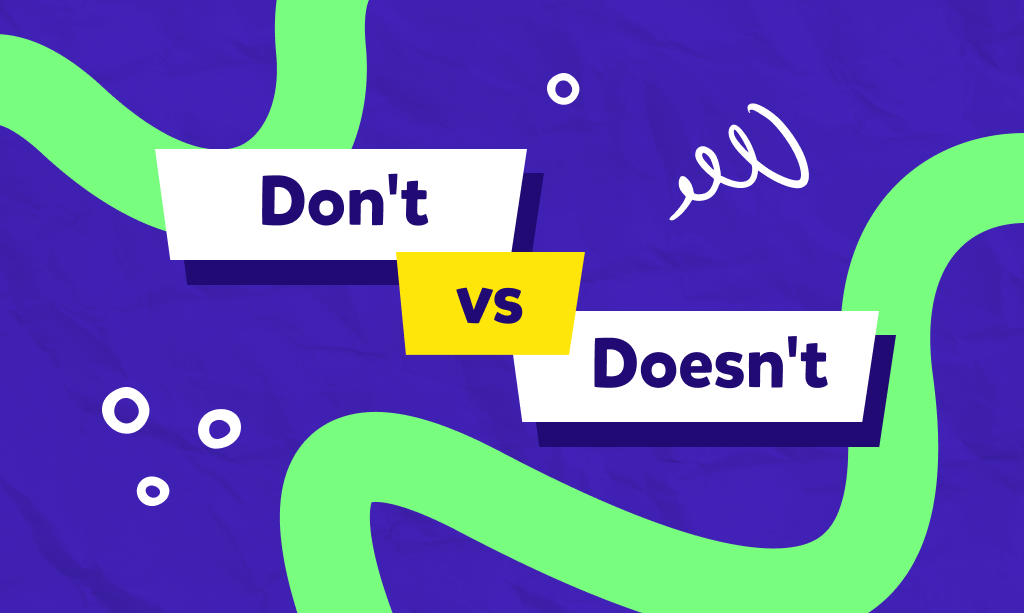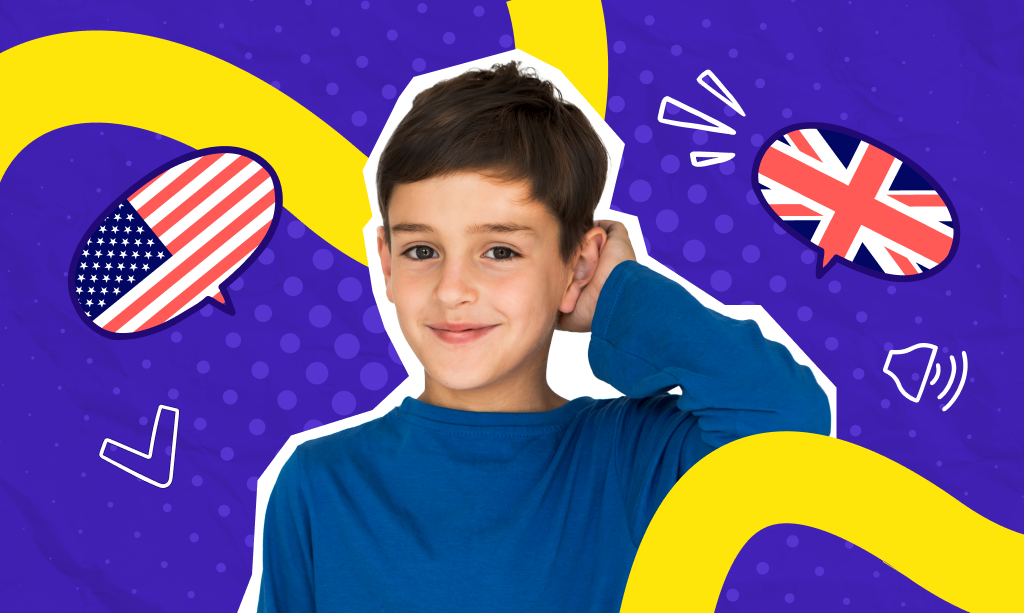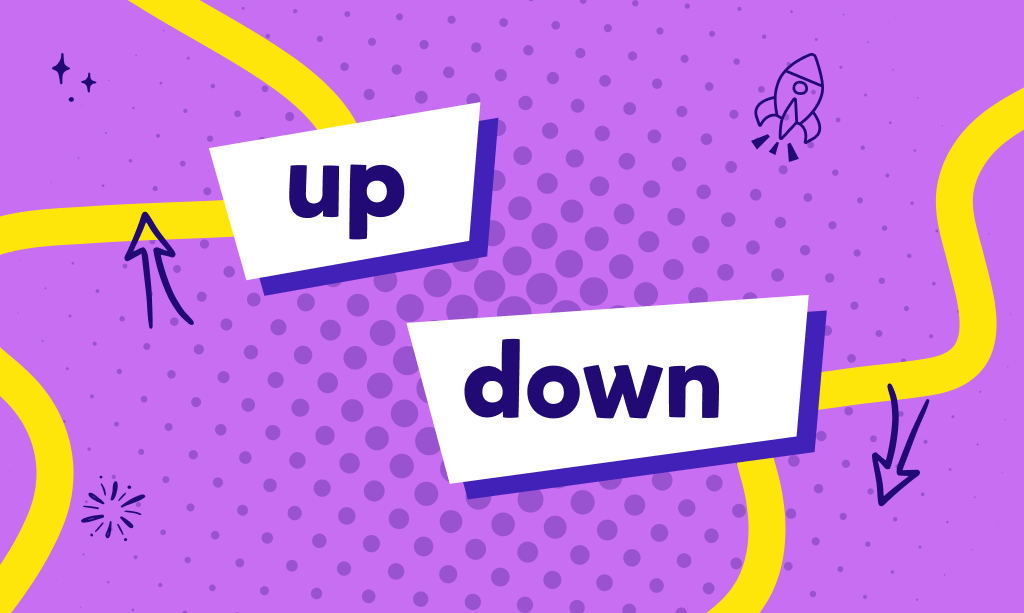- Future Perfect praktyczne zadania do rozwiązywania
- Ćwiczenia "uzupełnij lukę" (fill the gap)
- Ćwiczenia "wybierz poprawną odpowiedź"
- Ćwiczenia i testy z dialogami
Future Perfect to czas gramatyczny w języku angielskim, który pomoże Ci opisać wydarzenia, które dojdą do skutku przed jakimś określonym momentem w przyszłości. Możesz go użyć, na przykład, mówiąc o projekcie, który zakończysz przed następnym spotkaniem zespołowym. To świetny sposób, aby podkreślić swoje plany i zobowiązania!
Rozwiąż nasze interaktywne ćwiczenia, które przygotowaliśmy, aby ułatwić Ci opanowanie tego czasu. Dzięki nim nauczysz się używać Future Perfect w różnych kontekstach, co z pewnością zwiększy Twoją płynność w komunikacji. To co? Zaczynamy?
Future Perfect praktyczne zadania do rozwiązywania
Poniżej znajdziesz trzy rodzaje ćwiczeń, które pomogą Ci opanować czas Future Perfect! Spróbuj swoich sił w zadaniach typu „wypełnij lukę”, gdzie uzupełnisz brakujące formy czasowników, zaznacz odpowiedzi w testach wyboru, a także baw się w uzupełnianie dialogów.
Ćwiczenia "uzupełnij lukę" (fill the gap)
- Czynności zakończone przed określonym czasem w przyszłości:
Sprawdź, jak dobrze potrafisz używać czasu Future Perfect do opisywania działań, które zakończą się przed określonym momentem w przyszłości. Z tymi ćwiczeniami nauczysz się precyzyjnie formułować zdania, które wskazują na zakończenie czynności do konkretnego czasu, co jest nieocenione w planowaniu i prognozowaniu przyszłych zdarzeń.
By next year, I ___ (finish) my studies. 
will have finished
They ___ (build) the new house by the end of the month. 
will have built
By the time you arrive, we ___ (eat) dinner. 
will have eaten
She ___ (complete) the project before the deadline. 
will have completed
By 2025, the company ___ (expand) to Asia. 
will have expanded
Before the meeting starts, I ___ (prepare) all the documents. 
will have prepared
They ___ (leave) the country by the time we return. 
will have left
By next month, he ___ (work) here for ten years. 
will have worked
I ___ (finish) reading the book before you come back. 
will have finished
By the end of this year, they ___ (solve) all their financial problems. 
will have solved
- Wydarzenia, które na pewno się wydarzą:
Przygotowaliśmy zadania, które pomogą Ci lepiej zrozumieć, jak i kiedy używać tego czasu, aby wyrazić pewność co do przyszłych wydarzeń.
By the end of this year, they ___ (complete) the construction. 
will have completed
She ___ (graduate) by the time the summer starts. 
will have graduated
We ___ (reach) our funding goal by next month. 
will have reached
He ___ (write) his book by the deadline in March. 
will have written
They ___ (move) to a new office before the first of April. 
will have moved
I ___ (save) enough money for the trip by June. 
will have saved
By next week, she ___ (finish) all her exams. 
will have finished
The company ___ (expand) to two new countries by the end of the year. 
will have expanded
They ___ (repair) the main road by the end of the month. 
will have repaired
You ___ (hear) back from the university by April 15th. 
will have heard
Ćwiczenia "wybierz poprawną odpowiedź"
- Wybór formy czasownika:
Dzięki poniższym ćwiczeniom utrwalisz sobie prawidłową budowę zdań z użyciem czasu Future Perfect, w tym dopasowywanie odpowiednich słów pomocniczych oraz formę głównego cz
She ___ (finish) her work by 5 pm. 
will have finished
They ___ (arrive) at the airport by 8 pm. 
will have arrived
I ___ (complete) the report by tomorrow. 
will have completed
We ___ (make) all the necessary arrangements by next week. 
will have made
He ___ (solve) all the puzzles by the end of the day. 
will have solved
The team ___ (achieve) its sales target by the quarter's end. 
will have achieved
She ___ (write) her thesis by the time the semester ends. 
will have written
They ___ (build) the bridge by the end of next year. 
will have built
You ___ (learn) all the necessary skills by the time the training is over. 
will have learned
Our company ___ (expand) to two new countries by 2025. 
will have expanded
- Wybór wyrażenia czasu:
Poniższe zadania pomogą Ci poprawnie stosować wyrażenia czasu w zależności od kontekstu zdania.
___ you get back from your vacation, we will have launched the new product line. 
By the time – odnosi się do konkretnego momentu, kiedy osoba wraca, a coś zostanie zakończone.
The new system will have been fully implemented ___. 
within the next three months – określa czas, w którym system zostanie zaimplementowany.
I will have saved enough money for the trip ___. 
by next summer – wskazuje konkretny okres, do którego oszczędności zostaną zgromadzone.
___ they finish their current projects, they will have started the new initiative. 
By the time – wskazuje, że nowa inicjatywa zostanie rozpoczęta w momencie zakończenia bieżących projektów.
He will have completed his term as chairman ___. 
by the end of the year – określa konkretny czas zakończenia kadencji przewodniczącego.
We ___ the new office building ___. 
A) will have built; by the time the lease expires – wskazuje, że budynek zostanie zbudowany przed wygaśnięciem obecnego wynajmu.
___ the project deadline arrives, they ___ all the necessary tests. 
By the time; will have completed – podkreśla, że wszystkie testy zostaną zakończone przed określonym momentem nadejścia terminu projektu.
She ___ her PhD ___. 
will have finished; by next December – precyzyjnie wskazuje, że doktorat zostanie ukończony do następnego grudnia.
You ___ enough experience ___ you apply for your next job. 
will have gained; by the time – wskazuje, że doświadczenie zostanie zdobyte przed momentem aplikowania na kolejną pracę.
They will have moved to a new house ___. 
by then – jeśli wcześniej wspomniano o przyszłym czasie lub okoliczności, to „by then” jest odpowiednie.
- Wybór pytania:
Dzieki poniższemu krótkiemu quizowi, przećwiczysz formułowanie pytań dla czasu Future Perfect, poprzez wybór właściwego słowa pomocniczego zależnie od podmiotu zdania. To przydatna umiejętność, która pomoże Ci lepiej zrozumieć i stosować ten czas gramatyczny w praktyce.
___ you ___ (finish) your project by Friday? 
will; have finished
___ they ___ (arrive) by the time you got there? 
will; have arrived
How many countries ___ you ___ (visit) by next year? 
will; have visited
How much money ___ he ___ (save) by the time he retires? 
will; have saved
How many books ___ she ___ (write) by the end of her career? 
will; have written
How many projects ___ they ___ (complete) by next month? 
will; have completed
What kind of experience ___ you ___ (gain) by the end of this internship? 
will; have gained
How many languages ___ he ___ (learn) by the time he graduates? 
will; have learned
How long ___ the company ___ (operate) by its 50th anniversary? 
will; have been operating
How many papers ___ they ___ (publish) by the end of the decade? 
will; have published
Ćwiczenia i testy z dialogami
Przeczytaj poniższe zdania w czasie Future Perfect i uzupełnij brakujące formy czasownika.
1.
Osoba A: How long ___ (you/finish) your thesis by the time the semester ends?
Osoba B: I ___ (have finished) it by the start of June.
2.
Osoba A: ___ (you/have built) the house before you move in?
Osoba B: Yes, we ___ (have completed) the construction by July.
3.
Osoba A: Why ___ (he/have left) the company by the time I start my new job?
Osoba B: He ___ (have worked) here for over ten years and will have found a better opportunity by then.
4.
Osoba A: ___ (they/have saved) enough money to buy a new car by the end of the year?
Osoba B: Yes, they ___ (have put aside) money since last year and will have reached their goal by December.
5.
Osoba A: How many books ___ (you/have read) by the time you graduate?
Osoba B: I ___ (have read) at least thirty books by then.
Odpowiedzi 
- will you have finished | will have finished
- Will you have built | will have completed
- will he have left | will have worked
- will they have saved | will have put aside
- will you have read | will have read
Future Perfect, Past Perfect Continuous, Past Perfect – wiemy, że te czasy mogą stanowić nielada wyzwanie. Dlatego jeśli Twoje dziecko ma problem z opanowaniem czasów gramatycznych w języku angielskim, to rozważ zapisanie je na dodatkowe lekcje w szkole językowej Novakid.
Z pomocą naszych native speakerów, dzieci poznają gramatykę i rozbudowują słownictwo w przyjaznej i wspierającej atmosferze, dostosowanej do różnych poziomów zaawansowania. Zapisz swoje dziecko na darmową lekcję próbną angielskiego online i sprawdź, jak wyglądają zajęcia u nas!

































